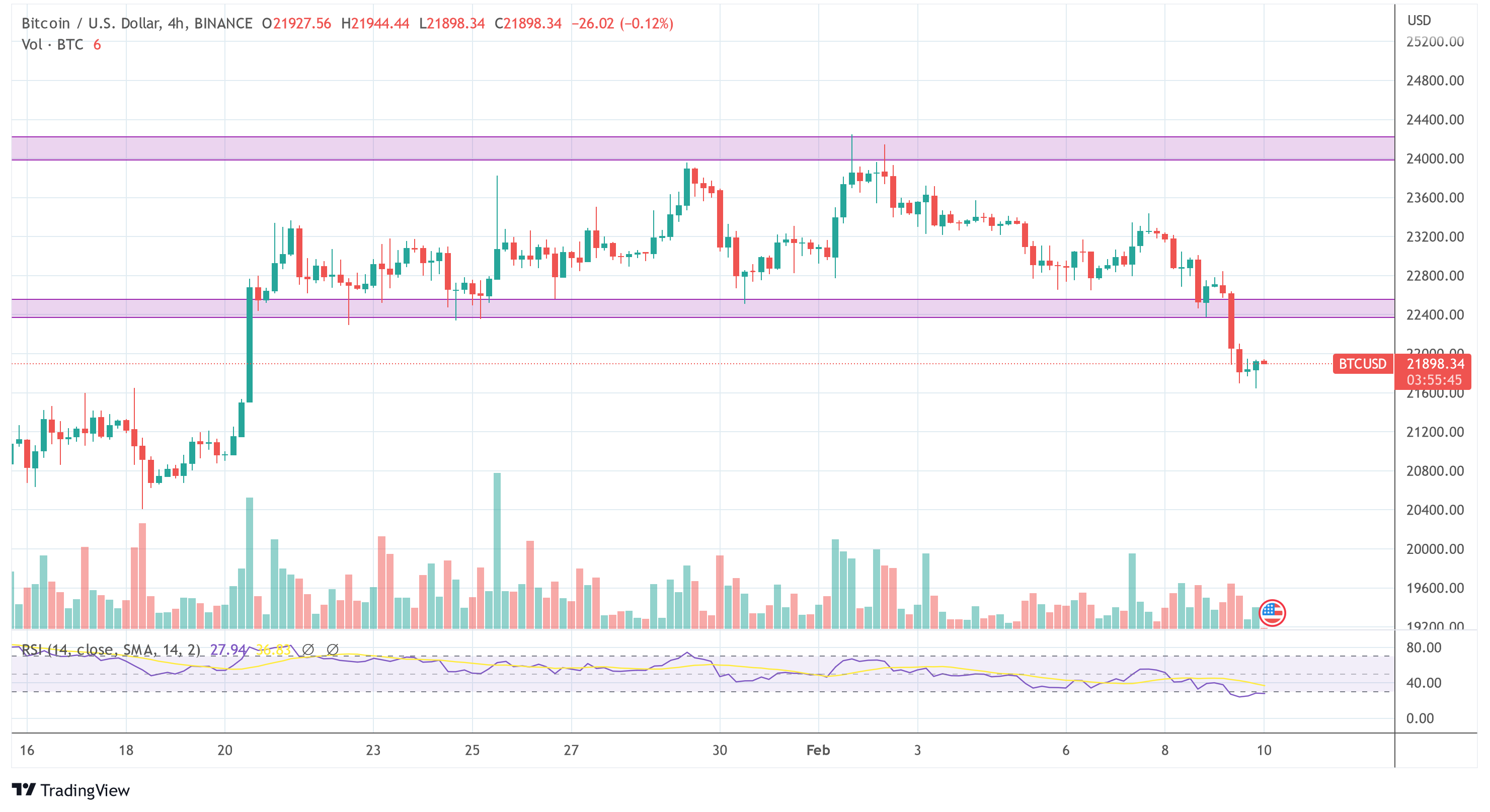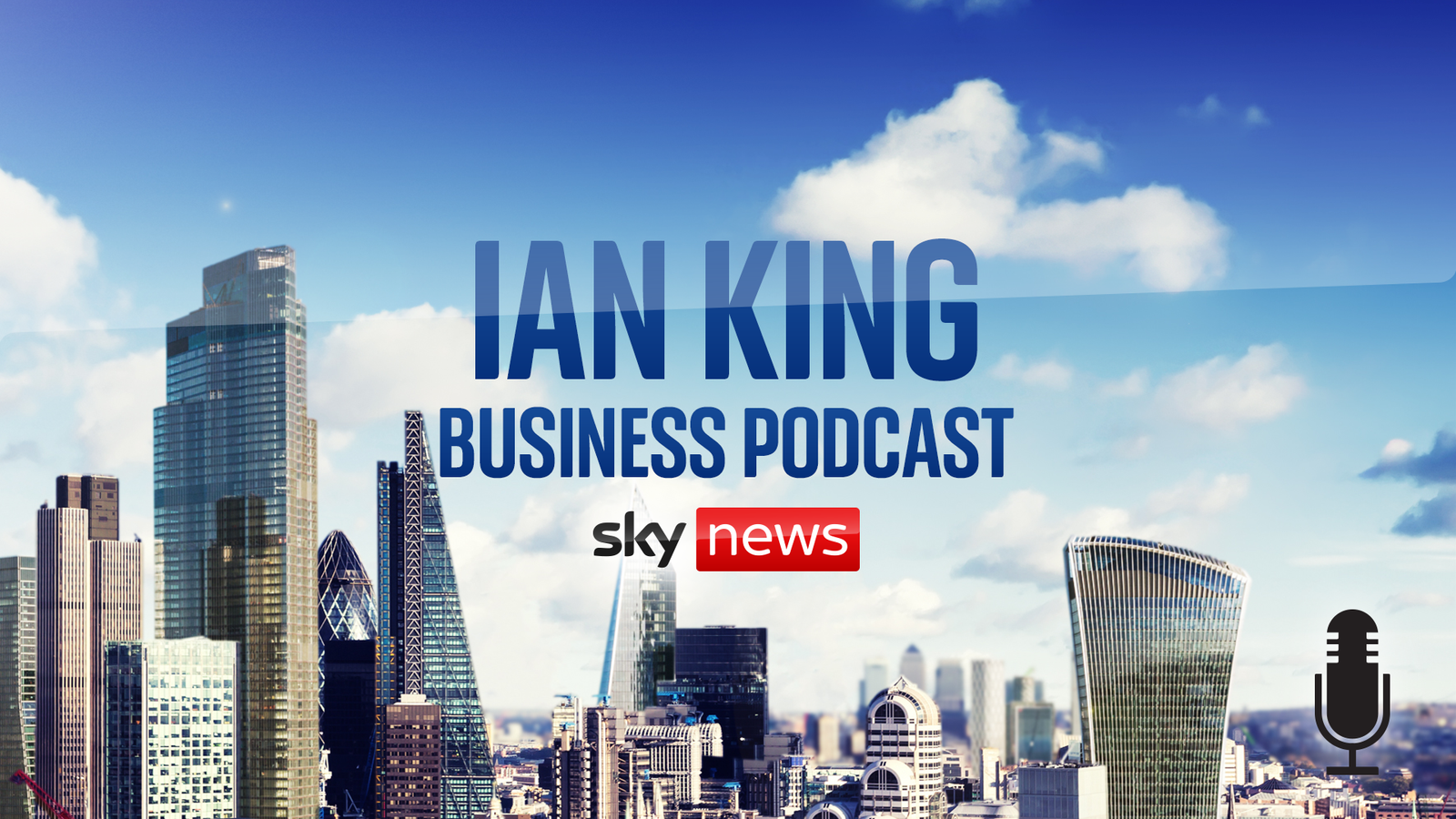In a highly controversial move, the U.S. Securities and Exchange Commission (SEC) fined crypto exchange Kraken $30 million yesterday and forced it to shut down its staking product. In a Thursday announcement, the regulator disclosed that Kraken had failed to register its crypto-asset-staking-as-a-service program with the SEC.
In a series of tweets, Jesse Powell, co-founder and CEO of Kraken, stated that he hopes there will be an exchange that braves the SEC. However, he said, it will be a “brutal, lengthy, expensive fight.” For “risk-adjusted return” reasons, Kraken opted not to fight the case in court.
“Bigger balance sheet wouldn’t hurt either. They picked the bottom of the bear market, waited for us to do a 30% layoff. They have all our financials, lots of leverage. Maybe we looked weak. This is more about FTX than it is us or staking but the timing was not great,” Powell revealed.
Will The SEC Target Coinbase?
SEC chairman Gary Gensler remarked that the action is meant to make it clear to the market that staking-as-a-service providers must register. This has caused an uproar in the crypto industry and raised questions about who the SEC will target next.
As the largest U.S. exchange, Coinbase seems to be a potential target, especially since CEO Brian Armstrong was one of the first to report on the staking crackdown yesterday. Following the news, COIN shares plunged 14%.
However, according to Paul Grewal, Chief Legal Officer (CLO) at Coinbase, it is unlikely that the SEC will target his company. Grewal explained via Twitter that Kraken’s products were essentially yield products. “True on-chain staking services like ours are fundamentally different,” he said.
“Our customers’ rewards are tethered to realities. They depend on the rewards paid by the protocol and commissions that we disclose. We don’t play games. Our customers have a right to their rewards. We can’t just decide not to pay any rewards at all,” the CLO of Coinbase stated.
Further, Grewal clarified that rules making these distinctions clear would provide real clarity to the industry and consumers. On the other hand, CEO Armstrong has stated his willingness to fight should the SEC attack Coinbase’s customers.
We will keep fighting for economic freedom (our mission at Coinbase). Some days being the most trusted brand in crypto means protecting our customers from government overreach.
— Brian Armstrong (@brian_armstrong) February 10, 2023
Who’s Next On The SEC’s Crypto List?
Exchanges are not the only ones likely to be the focus of the new regulatory scrutiny. At this point, it is unknown whether proof of stake based cryptocurrencies such as Ethereum will also be the focus of the SEC, and whether a securities classification for ETH is planned by the SEC. At least, the press release did not provide any indications in this regard.
Meanwhile, rumors say that more enforcement actions will be coming from the SEC. As Samuel Andrew reports, more “exchanges and stablecoin issuers will receive Wells Notices in the coming days and weeks.” A Wells Notice is a notification issued by regulators to inform individuals or companies of completed investigations where violations have been discovered.
One rumor has already come to fruition. The New York Department of Financial Services (NYDFS) is investigating stablecoin issuer Paxos. While the scope of the investigation is unclear so far, Pax Dollar (USDP) and Binance USD (BUSD) are among the company’s stablecoins and could be part of the investigation.
On another note, Paxos has denied the rumor that the U.S. Office of the Comptroller of the Currency has asked the crypto company to withdraw its application for a full banking license:
To clarify speculation: Paxos has not been asked to withdraw its application for a national trust bank charter from the OCC, nor has it been denied the charter. Paxos continues to work constructively with the OCC.
Another name Andrew learned from his anonymous sources is Circle. The issuer of the second-largest stablecoin on the crypto market, USDC, could also face a Wells Notice.
At press time, the Bitcoin price stood $21,898, trying to make a comeback.




